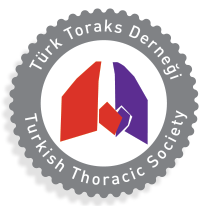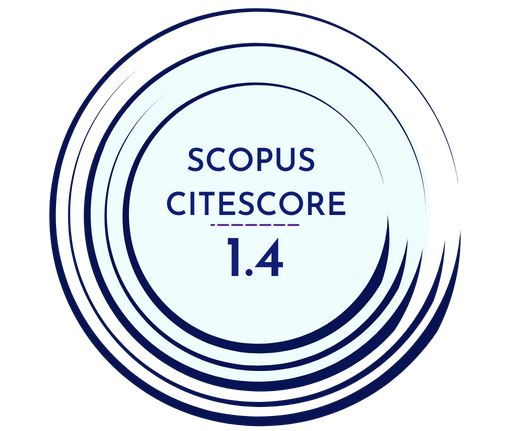Objectives: Postoperative atrial fibrillation (POAF) occurs frequently after lung cancer surgery. Unfortunately, the etiology of POAF is multifactorial, so it is unlikely that any single drug or intervention can prevent all POAF incidences. The effects of local interventions are unknown after lung cancer surgery. Therefore, in this study, we investigated the effects of a local anesthetic lidocaine infiltration on the POAF rate after lobectomy.
Methods: A total of 93 patients undergoing pulmonary surgery for lung cancer were randomized to either a no intervention group or to receive a lidocaine infiltration around the pulmonary veins. The patients were monitored for any POAF during their hospitalization stays. Pre-and postoperative demographic and clinical data were analyzed.
Results: In total, 81 of 93 patients were completed the study. AF was seen in 3 (7.5%) out of 40 patients in the lidocaine infiltration group and in 10 (24,39%) out of 41 patients in the standard surgical resection group. Overall, the lidocaine infiltration during the surgical procedure resulted in a lower POAF rate (p<0.05).
Conclusion: The lidocaine infiltration around the pulmonary veins after lung cancer was associated with a lower POAF rate, which was likely due to the local anesthetic and local parasympatholytic - sympatholytic effects.



.png)
